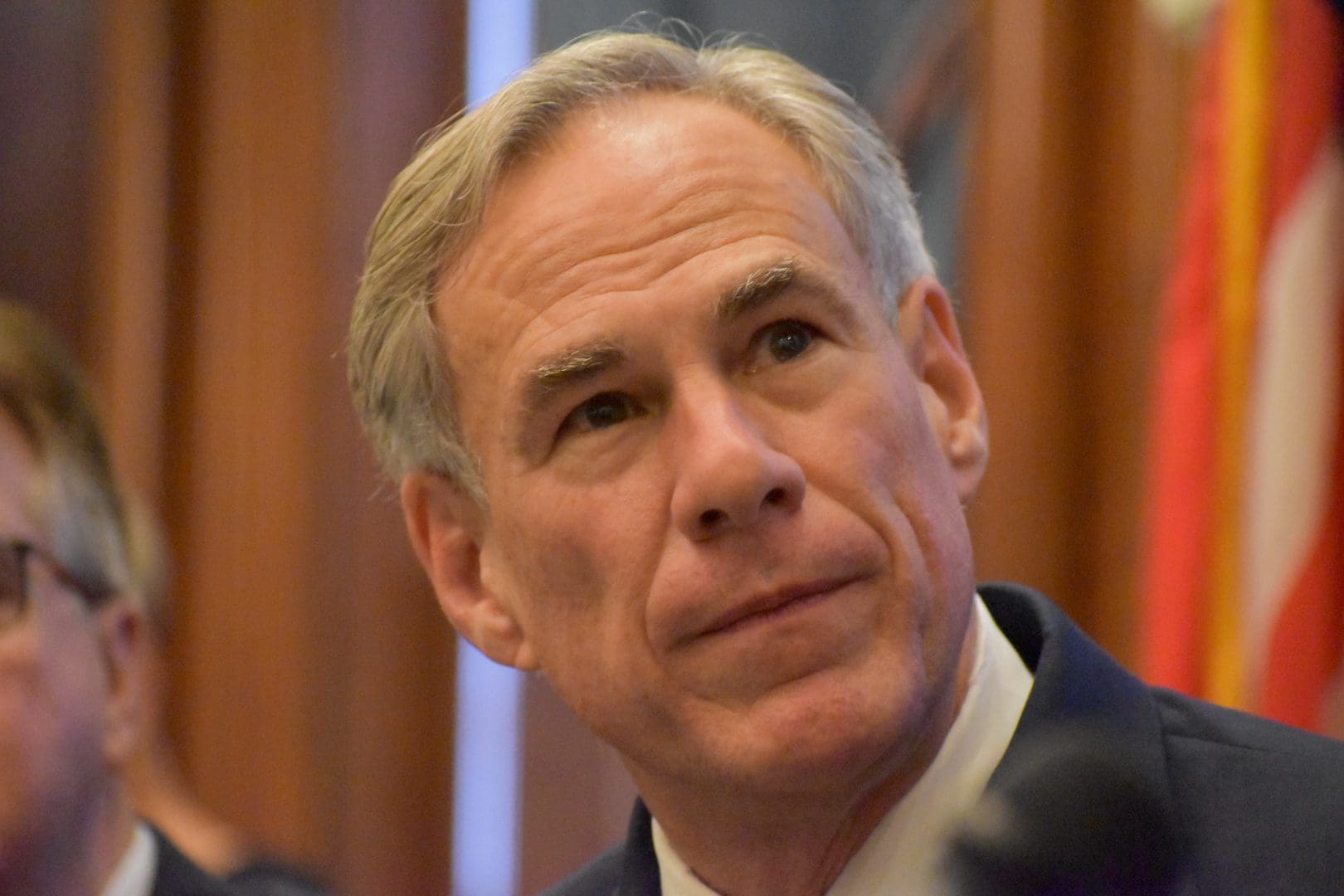Giving his strongest affirmation of universal school choice yet, Gov. Greg Abbott has endorsed “education savings accounts” for all Texans.
“It is time for education freedom in Texas,” said Abbott, at Annapolis Christian Academy in Corpus Christi.
Speaking at the school’s Parent Empowerment Night earlier this week, Abbott endorsed education savings accounts. He said ESAs are the solution to widespread dissatisfaction with public schools and the demand for alternatives that all families can access, and should be available regardless of their financial situation or where they live.
ESAs are individual state-funded accounts that families can use to pay for education expenses. To date, 11 states have authorized education savings account programs, the majority having done so within the past two years. While most ESA programs have some eligibility restrictions, those in Arizona, West Virginia, and Iowa are available to all students.
State Sen. Mayes Middleton (R–Wallisville) has filed legislation that would create an ESA program for Texas. If passed into law, Senate Bill 176 would require the state to fund the account of each child enrolled in the program with an amount equal to the average annual cost incurred per student by Texas public schools (about $10,000). These funds would be managed by the child’s parents and could be used for private school tuition, homeschooling curriculum, online learning fees, and tutoring, among other options.
Although Abbott has expressed support for public school alternatives throughout his time in office, he has pushed the issue more adamantly and consistently during the past year. Since the rise of COVID-19 in 2020, demand for public school alternatives has grown exponentially as parents pushed back against virtual education, mask mandates, and political indoctrination. In his speech, Abbott said public schools have “stiff-armed parents away from their child’s education.”
Abbott acknowledged that “public schools play a vital role in the state of Texas,” and he claimed he has “provided more funding for public schools … [and] teacher pay raises than any other governor in the history of our state.”
However, “it’d be wrong if we said that more money always leads to better results,” he insisted. “It just doesn’t.”
Citing parents’ growing frustrations with public schools, Abbott stated, “Schools are for education, not indoctrination. Schools should not be pushing social agendas, period. And we won’t let it happen.”
Instead, schools should “get kids back to the basics of learning, and we must empower parents to be more involved in the education of their children,” Abbott argued:
No one knows what is better for a child’s education than their parents. Parents deserve the freedom to choose the education that is best for their child. Parents must be restored to being the primary decision-makers in their child’s education. Parents matter, period. That is what Texas believes in.
Abbott said that “parents should not be helpless” when their local public school “strays too far from the fundamentals or simply cannot meet the unique needs of a particular child.”
Touting ESAs, Abbott said they “should be available to everybody in Texas” and that they would “give all parents the ability to choose the best education option for their child.” He claimed school choice would benefit all students and is supported by the “overwhelming majority of Texans,” as recent polls attest.
“This is really about freedom,” Abbott continued. “No one knows better how a child can flourish than their parents; but without educational freedom, parents are hindered in helping their child succeed. That must change, and it must change this legislative session.”
Abbott urged attendees to “let your legislator know that you stand for parental empowerment.”
“It is time for parental empowerment in Texas. It is time for education freedom in Texas. Together, we will make that happen,” Abbott concluded.
Citizens interested in school choice legislation can use the Texas Scorecard Elected Officials Directory to find contact information for their legislators in the Texas House and Senate.
No ads. No paywalls. No government grants. No corporate masters.
Just real news for real Texans.
Support Texas Scorecard to keep it that way!





